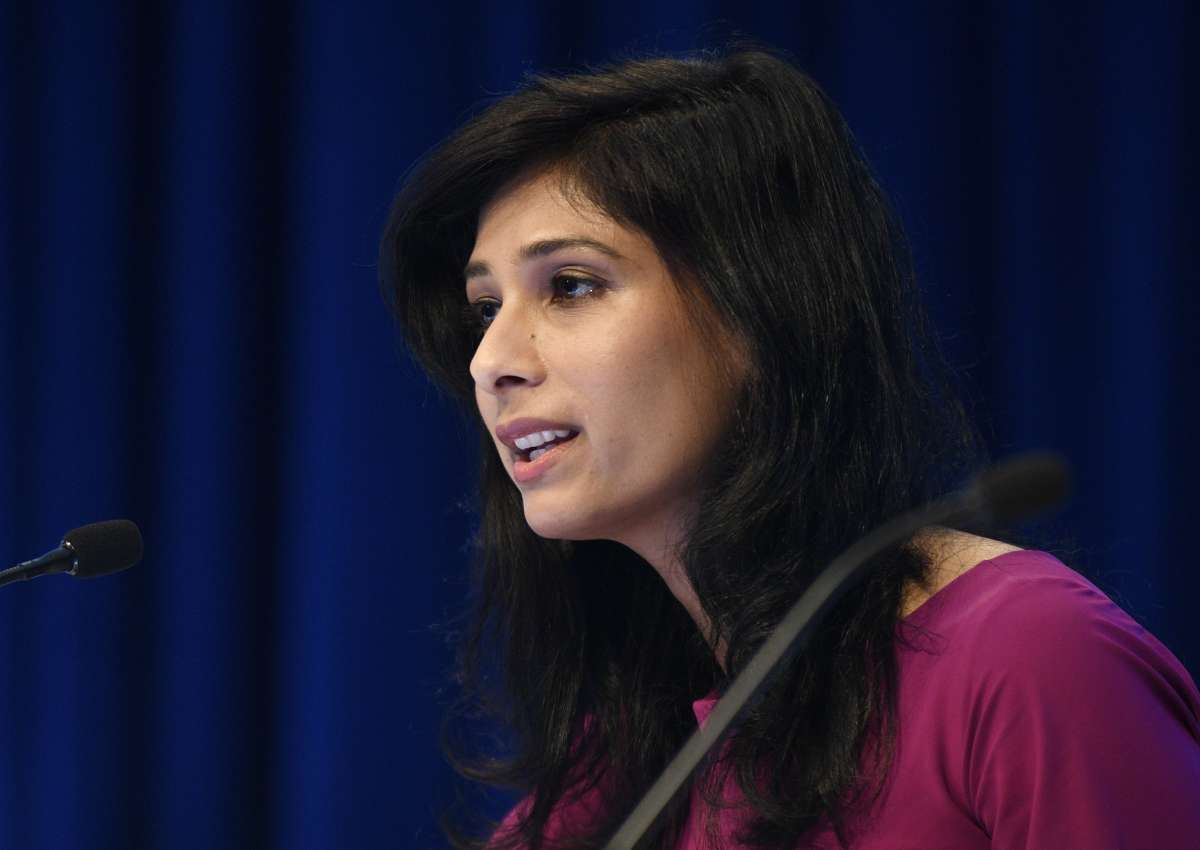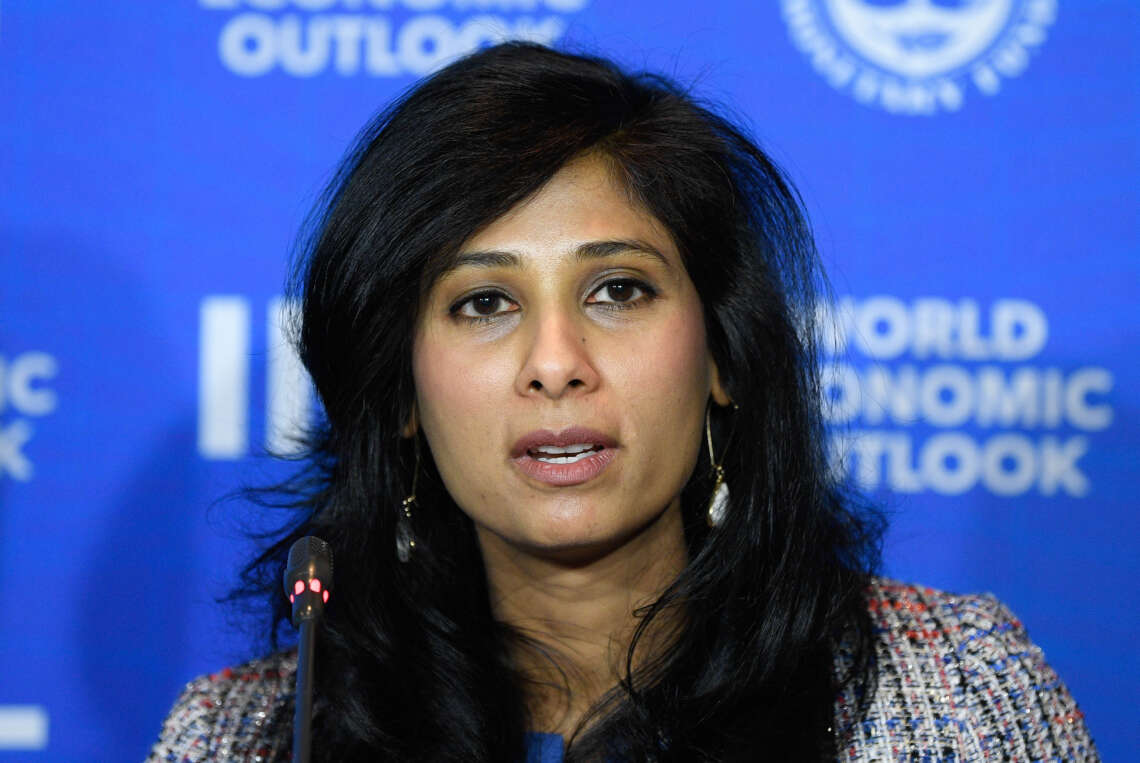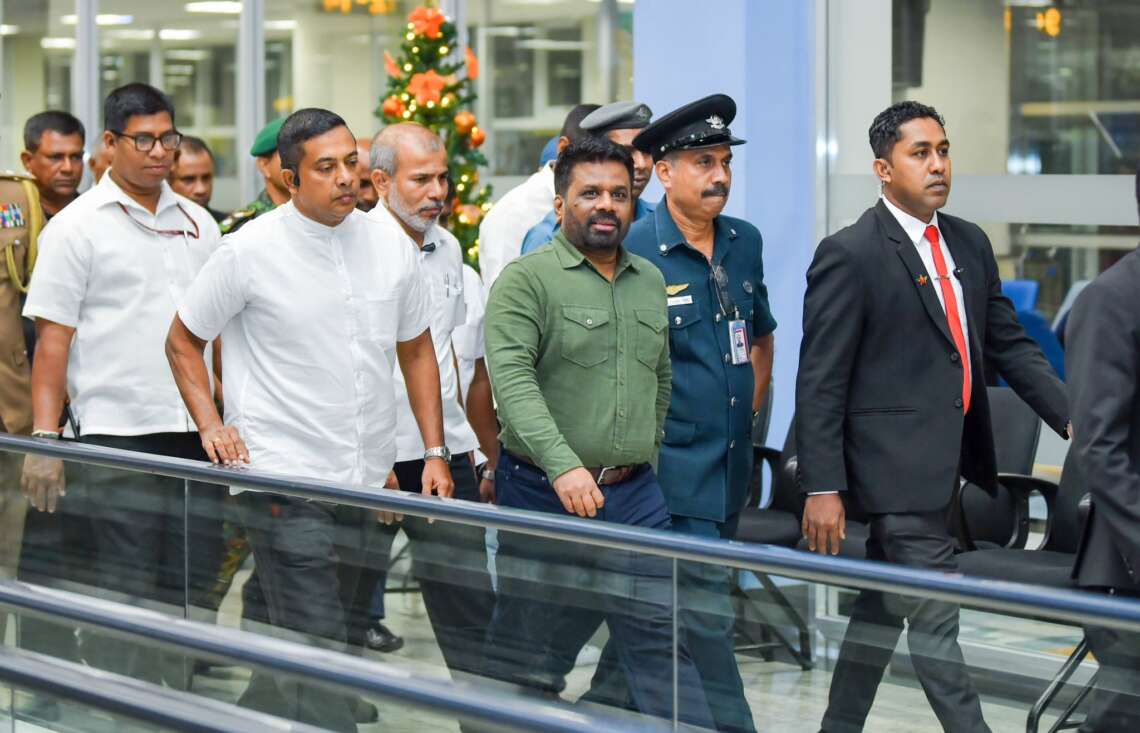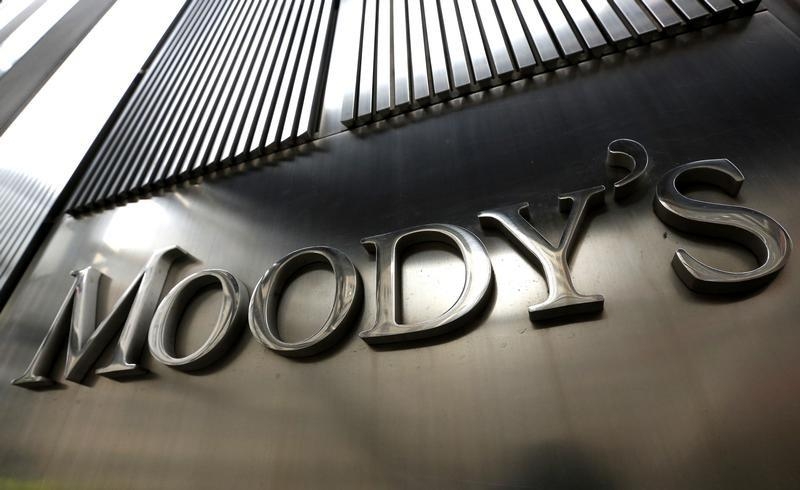IMF’s Deputy Managing Director Gita Gopinath says a strong labour market in several countries, including the US, and consumption holding up in several parts of the world indicated resilience in world economy…reports Asian Lite News
Describing the International Monetary Fund’s (IMF) outlook for 2023, Gita Gopinath, Deputy Managing Director of the IMF said, “We have a tough year ahead, but there are signs of resilience.”
She tweeted a video from Davos, where she is attending the World Economic Forum Annual Meeting 2023. Rising inflation, the fallout from the Russia-Ukraine war, as well as the COVID-19 pandemic, would make 2023 a tough year, she said in the video message. However, a strong labour market in several countries, including the US, and consumption holding up in several parts of the world indicated resilience.
“A tough year, because we have high levels of inflation around the world, even though it’s been coming down the last few months. Tough year because we still have the war and its spill-overs to the rest of the world,” Gopinath said.
“There are signs of resilience with strong labour market in several countries, including U.S. and Europe. We’re seeing consumption holding up in several parts of the world. We expect global growth to bottom out this year, but improve towards the second half of this year and into 2024,” she added.
Speaking at a panel discussion during the World Economic Forum Annual Meeting 2023, Ms. Gopinath said, “We do believe that, in terms of headline inflation for the global economy, we think it peaked in 2022.”
However, she warned, “Even if inflation comes down, prices are high because we don’t have deflation, we have lower levels of inflation. The prices have gone up. How much of an impact that has had on households and on consumption varies across countries.”
In closing, IMF’s Gopinath cautioned that any meaningful moves to bring down inflation will likely mean rising unemployment.
“We are at record low unemployment rates in the U.S. and euro area. Everything we know about our monetary policy when you tighten interest rates is for the unemployment rate to go up.” “That is how you bring down inflation,” she added.
She further explained, “A tough year, because we have high levels of inflation around the world, even though it’s been coming down the last few months. Tough year because we still have the war and its spill-overs to the rest of the world.”
“There are signs of resilience with strong labour market in several countries, including US and Europe,” Gopinath continued, adding, “We’re seeing consumption holding up in several parts of the world. We expect global growth to bottom out this year, but improve towards the second half of this year and into 2024.”
The theme of the 53rd Annual Meeting is ‘Cooperation in a Fragmented World’. The event focuses on solutions and public-private cooperation to tackle the world’s most pressing challenges.
‘US debt standoff is risk world doesn’t need’
The Congressional standoff over raising the limit on US federal borrowing is a risk that neither the country nor the rest of the world ought to face, according to the International Monetary Fund’s No. 2 official said.
“It really should not be something that we are even second-guessing at this point,” Gita Gopinath, the fund’s first deputy managing director, told Francine Lacqua in an interview with Bloomberg Television at the World Economic Forum in Davos.
She spoke days after Treasury Secretary Janet Yellen said her department will begin taking special accounting maneuvers that should avert a crisis until early June. The federal debt limit of nearly $31.4 trillion is expected to be reached in a matter of months.
Questioned on whether there’s a possibility of an outcome where the US faces a downgrade in its credit rating, Gopinath agreed.
“There is certainly a risk to it,” she said. “Given the dynamics we have in the US Congress there will certainly be some tensions around it. I really hope they just get the job done and do the right thing.”
The standoff in Congress is likely to persist for a while. Republicans now in control of the House have been demanding deep spending cuts as the price for an increase in the ceiling, while President Joe Biden and congressional Democrats want the limit raised without conditions.
“There’s already enough uncertainty, there’s enough risks that we have to deal with,” Gopinath said. “This shouldn’t be an additional risk that the US or the world should have to deal with.”
ALSO READ-Pakistan pins hopes on crucial IMF talks for revival of EFF programme














